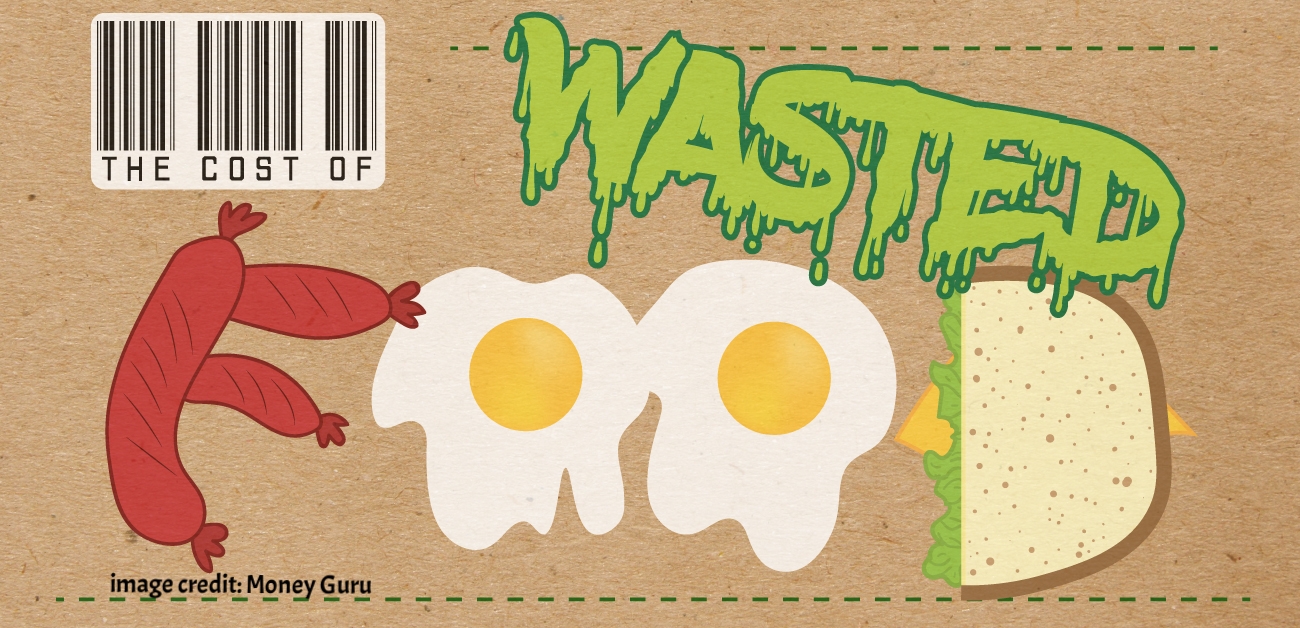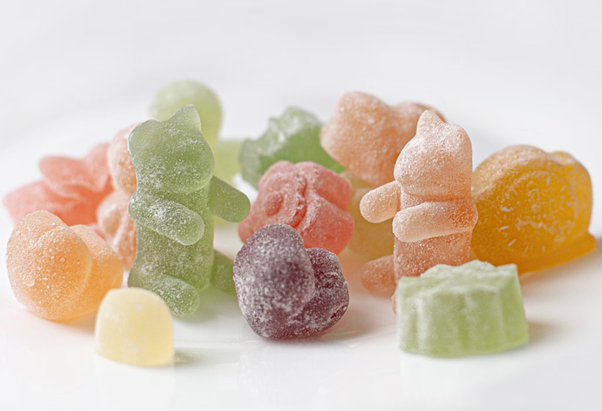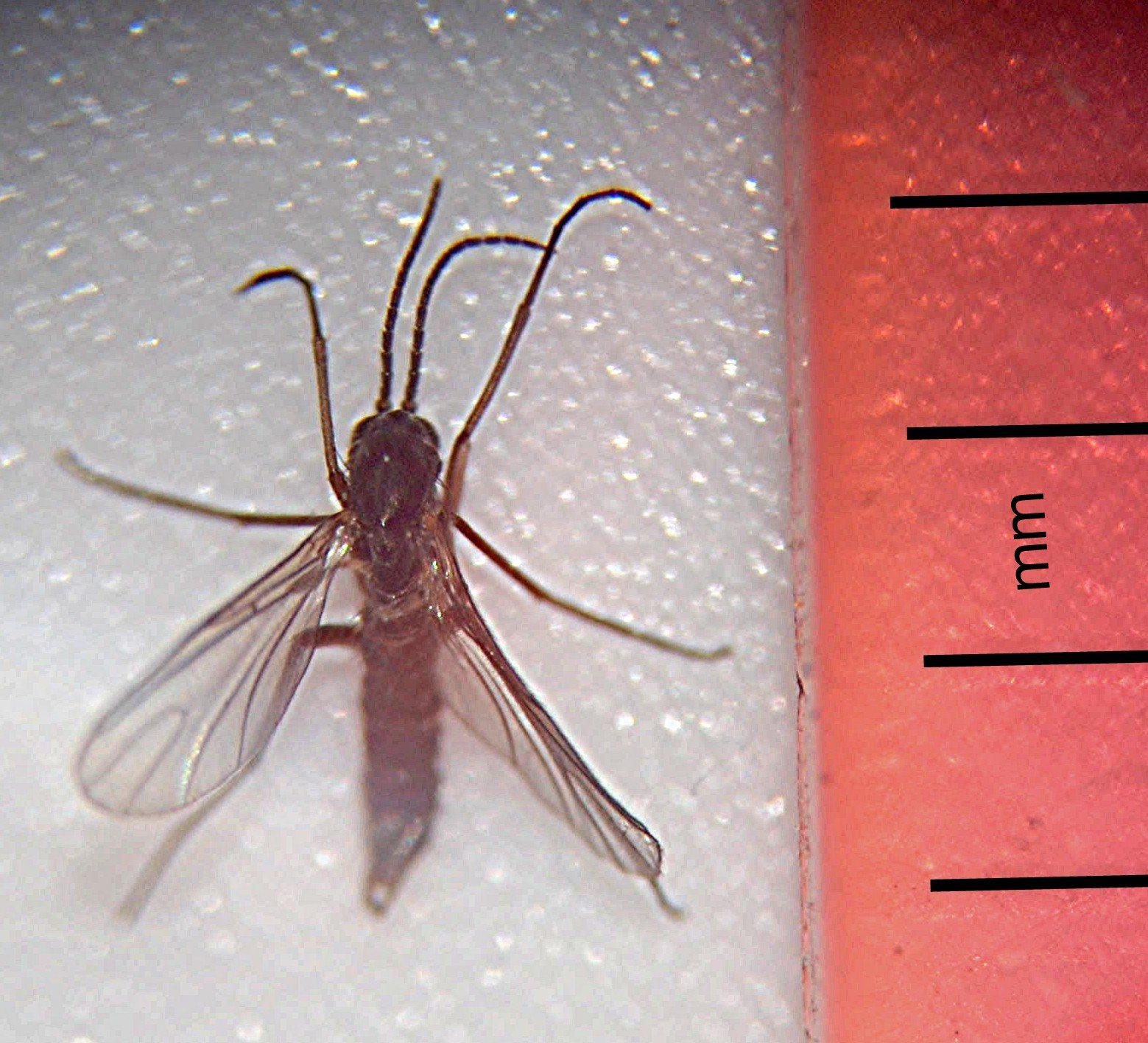Guest post by Renew Bariatrics
Obesity in the United Kingdom has been growing at an increasing rate in the past 30 years. Since 1990, obesity has tripled to all-time highs, and if the rates continue at this rate, obesity will affect 11 million adults by 2030. Obesity has serious health consequences including diabetes, heart disease, stroke, cancer, sleep apnea, hypertension, and much more.
In 2017 nearly 1/4 of adults are obese. In total, 62% of adults are classified as overweight. With 26% of British women classified as obese. Learn more by viewing this infographic provided by Renew Bariatrics on United Kingdom obesity.
(Much of this information also applies to the US, where obesity rates are at an all-time high, despite some leveling off in a few states. After you view the infographic, take a look at these statistics for more information about obesity in the US).
Read More


















































